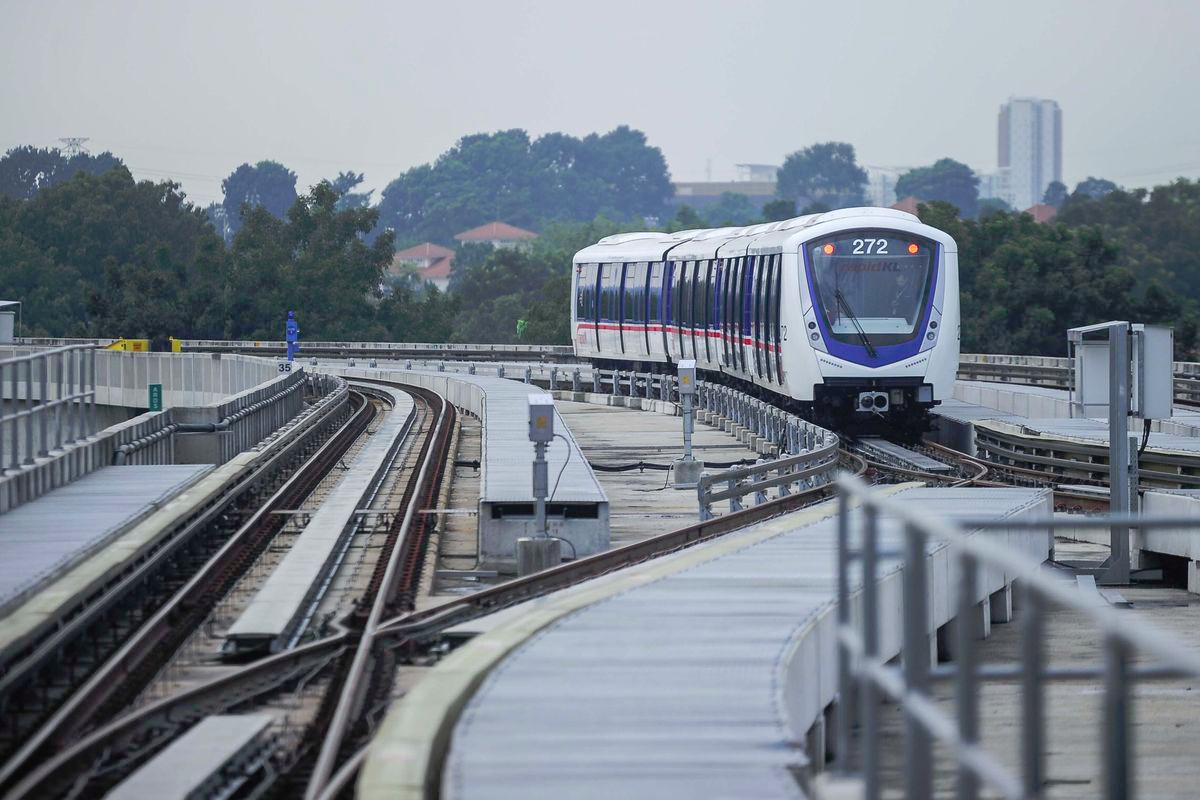PETALING JAYA: The government has announced a series of major investments and reforms to strengthen Malaysia’s public transport system, road safety and green mobility under Budget 2026 — ensuring that no community, from remote villages to urban centres, is left behind.
“Nearly RM200 million will be allocated to improve stage bus services, including new routes and additional buses in Johor Bahru to meet the needs of the upcoming RTS Link.
“Despite the Rural Air Services (RAS) now being managed by the Sarawak government, Putrajaya will continue to provide RM209 million in subsidies to benefit communities in rural Sabah and Sarawak,” he said.
To ease travel costs for students and families, the MyRailLife Pass will offer free KTM Komuter and DMU Shuttle services to persons with disabilities (OKU), school students, and all children under six years old.
Malaysia’s rail connectivity will continue to expand, with several key projects reaching completion over the next few years:
The Electric Train Service (ETS) began operations to Kluang in August, with full service to Johor Bahru Sentral expected by end-2025.
The long-awaited LRT3 line, linking Bandar Utama to Johan Setia, Klang, will also be operational by end-2025, serving up to 6,200 passengers per hour per direction.
ECRL Phase 1 connecting Kota Bharu to Gombak will be completed by end-2026, cutting travel time between Kelantan and the Klang Valley to just four hours.
The Klang Valley Double Track Phase 2 project will be completed by 2029 at a cost of RM4.1 billion, linking Bandar Tasik Selatan–Seremban and Simpang Pelabuhan Klang–Port Klang.
Efficiency on the Kelana Jaya LRT line will be improved with 26 new trains worth RM1 billion.
The LRT Mutiara Line in Penang has also begun, benefiting 1.8 million residents and 3.5 million annual visitors.
Prasarana will expand its services with 310 new buses by February 2026, improving frequency in high-demand areas.
Another 300 vans under the Demand Responsive Transit (DRT) programme will be fully operational by the end of 2025, improving first- and last-mile connectivity.
To support Malaysia’s transition to low-carbon mobility, the government will acquire 1,450 electric buses and 300 electric vans in phases until 2030.









